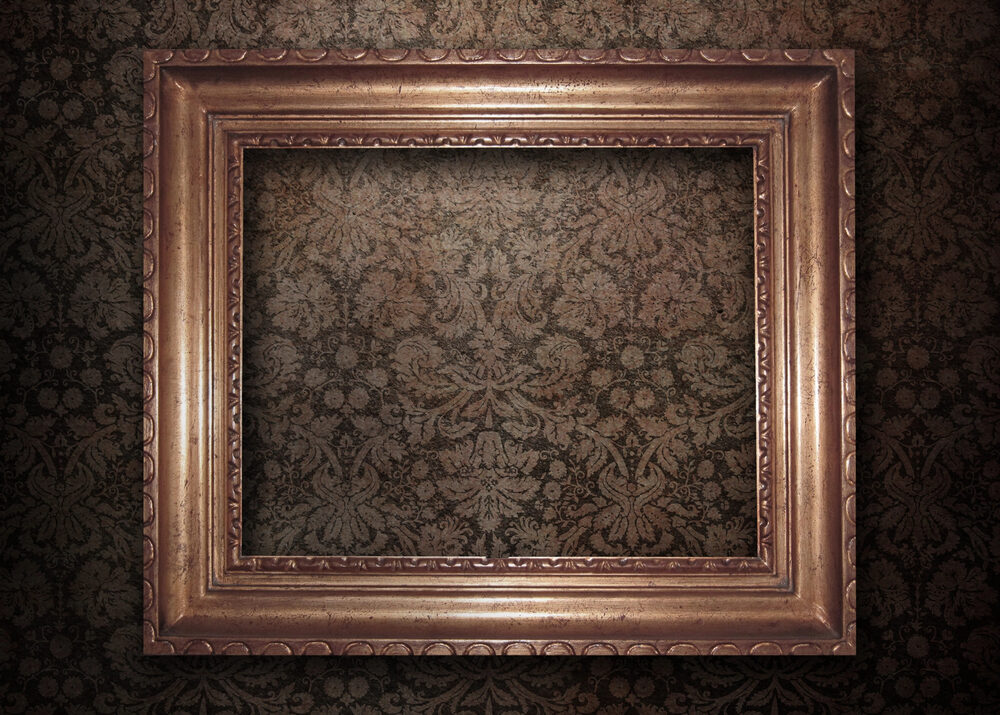
The wealthy Dutch own art worth between €7 billion and €9 billion, investigative website Investico and magazine Groene Amsterdammer have found, but they are not paying any tax on their investments and the works disappear from public view.
Investico bases its estimation on figures from three big insurers. It shows investing in art is becoming more popular because of increasing auction values and the tax perks that go with owning art.
In theory, people who buy art as an investment are liable for asset tax but it is up to the tax office to distinguish the amateur collector from the investor. This is made more complicated because the tax office does not know who owns which works of art.
According to tax officials, the exemption should be abolished because it stems from a time when art was bought as a private hobby. The art market has now become a playground for investment advisors and tax experts, the officials say, and not taxing what are essentially investments leads to wealth inequality and a loss of tax revenue.
Insurer Liberty said that the art owned by the wealthy Dutch would be impossible to insure if it were to hang on the wall and most is stored in bank vaults in Luxemburg and Switzerland.
Inflated prices are making it impossible for museums to have a shot at buying art, museum directors told Investico, because of mounting insurance and transportation costs. For some museums that means that even borrowing a work of art from a private collector or another museum is too costly.
This could eventually lead to fewer works by some artists being exhibited or higher ticket prices.
Thank you for donating to DutchNews.nl.
We could not provide the Dutch News service, and keep it free of charge, without the generous support of our readers. Your donations allow us to report on issues you tell us matter, and provide you with a summary of the most important Dutch news each day.

